Brake pads: Worn brake pads increase stopping distance, and can create friction with the surface of the brake disc. If a pad is cracked on the surface due to overheating, then it will make noise when stopping. If the pads and disc overheat, then the braking distance increases there too. If you hear a squeal regularly, then the discs and/or brake pads need to be replaced.
Brake discs: The surface of the brake disc must be flat to stay in contact with the pads. If the disc warps due to heat, the pedal will vibrate and the vehicle will come to a jerky stop. If the brake disc overheats, its surface will turn blue or purple, and will harden, which will prevent the pads from fully adhering. The car will then not stop as quickly as it should.
Leaks: A leak in the brake system is usually a hydraulic problem. If the pedal hits the floor of the car, it often means there is a leak. This indicates a loss of brake fluid and can cause the entire system to fail. Leaks must be repaired immediately. A puddle of brake fluid in the garage or a pedal that drops too far are symptoms of this problem.
Sticky calipers: The caliper and its supports push the brake pads against the brake discs to stop the vehicle. The caliper pistons can get stuck in their cylinder, causing the car to pull to one side when braking. Overheating and worn discs and pads can affect acceleration due to sticky brakes. A sticking caliper is more than just a problem, it can be dangerous and should be repaired immediately. Sometimes the caliper carrier slides bind, causing the same problems as a stuck caliper. The difference is that one pad will wear out too quickly instead of two.
Warped brake discs: Brake discs can warp if they are subjected to too much pressure. Mountain driving or towing can cause this kind of problem. Even just parking next to an automatic sprinkler can cause difficulties because cold water can warp the discs. As a result, the vehicle and the steering wheel may start to shake when braking. Deformation of the brake discs can also increase stopping distance or cause the anti-lock brakes to engage prematurely.
Loss of Brake Effectiveness: If it takes longer than usual to stop your car, it’s probably due to brake fading . This is often only temporary, but it can last for a long time. For example, going down a mountain road heats up the brakes, making the brake pads and rotors less responsive. But when the brakes cool down, they regain their initial performance. However, over time, the problem may become permanent. It is then time to change the brake pads and discs. Loss of brake efficiency is one of the first signs of brake disc and pad overheating and complications.
Smoking brakes: If seeing smoke coming out of your brakes may seem nice, it is actually very dangerous. This means the brake pads have burned or something has leaked onto the brakes. If this happens, the pads will develop glazing which can have serious performance implications. Leaking axle seals on the brakes will damage the rotors and pads.
The brake light: If the brake light appears on the dashboard, it could be a sign of a serious problem. Often this indicates a fault in the hydraulic system. It is then necessary to have your vehicle inspected and repaired as soon as possible. It is never safe to drive with the brake light on. This warning light also indicates if the handbrake is activated in certain cars.
Faulty brake hose: A faulty brake hose can result in calipers that move unevenly. The vehicle then pulls to the side when the brakes are applied. If the brakes pull to one side, the vehicle should be inspected and repaired as soon as possible. Sometimes the fluid pressure to the caliper will not be relieved by the faulty hose and will hold the caliper in place.
Handbrake On: This may sound silly to say, but it happens more often than you think. It is very easy to forget to release the handbrake, and this reduces vehicle performance and damages the entire brake system. If the car seems to be accelerating smoothly or you hear a squealing sound, check that the handbrake is on. The cables can seize while the handbrake is applied. It is then possible for the vehicle to remain stationary when it is desired to deactivate the handbrake subsequently.

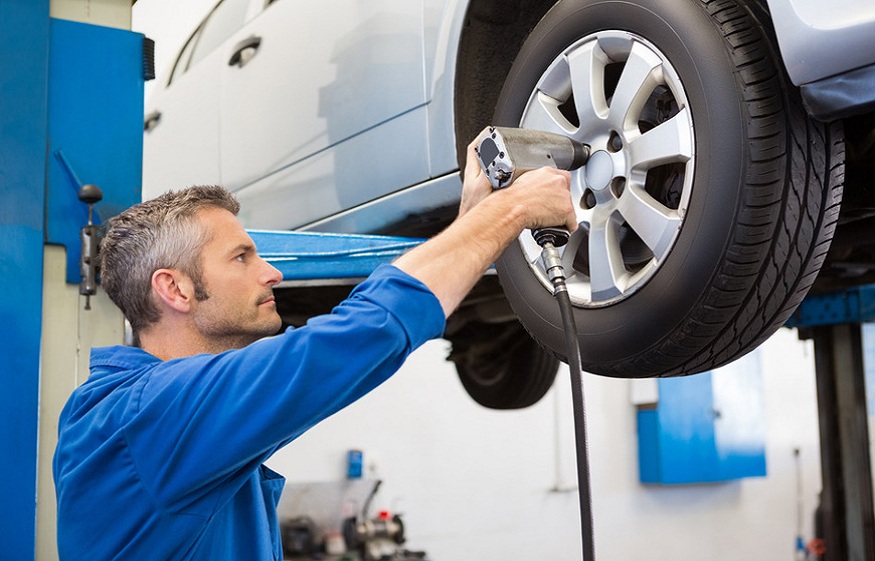
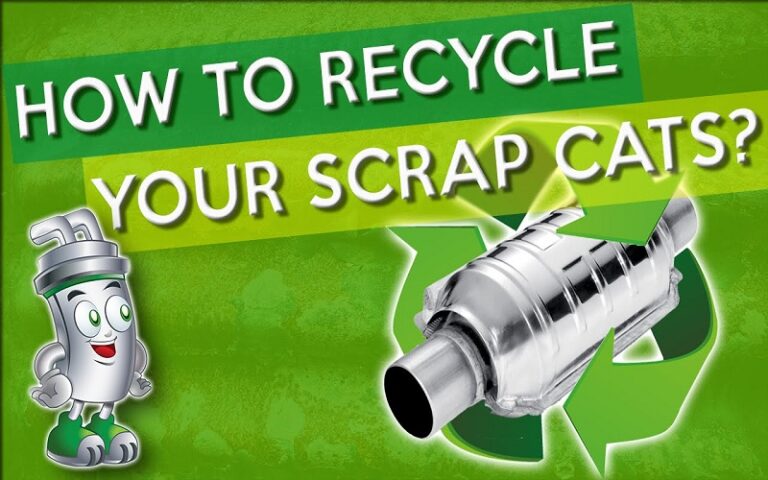

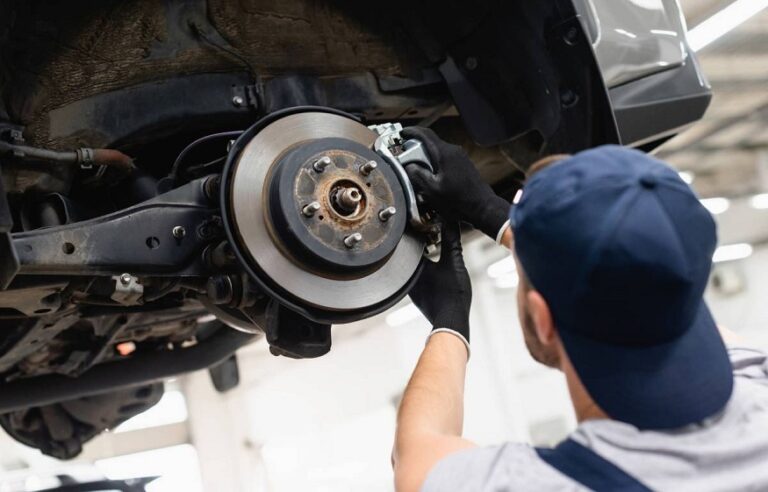

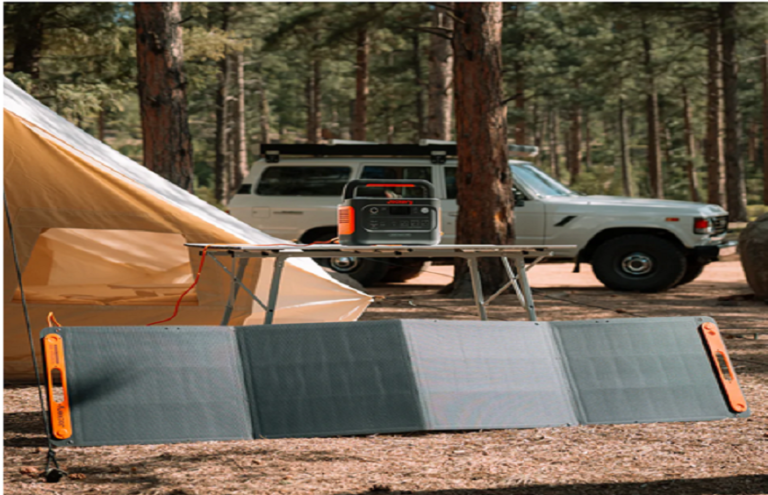
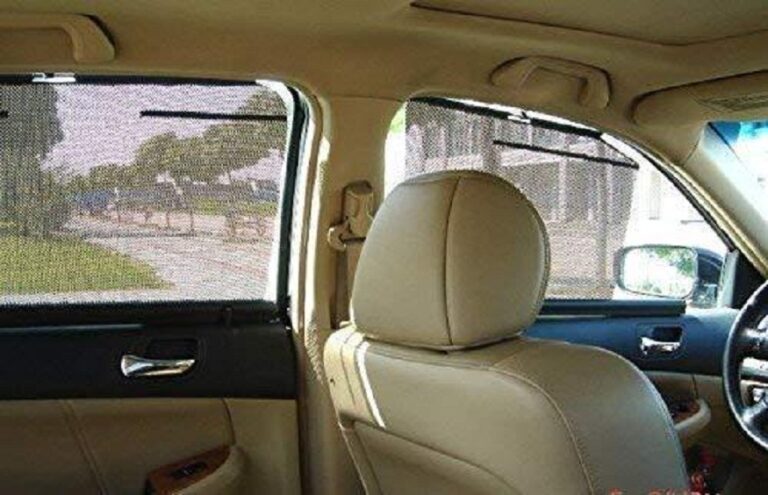
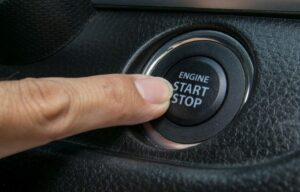
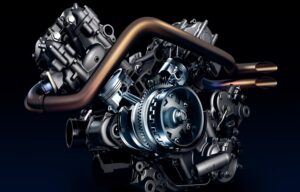
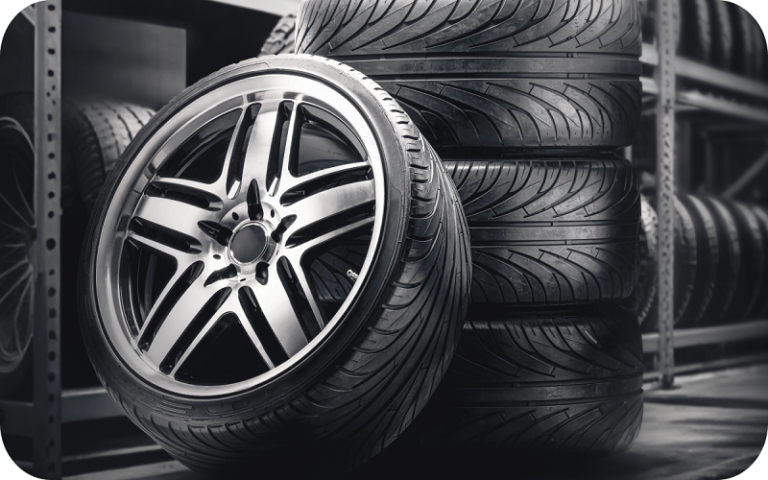

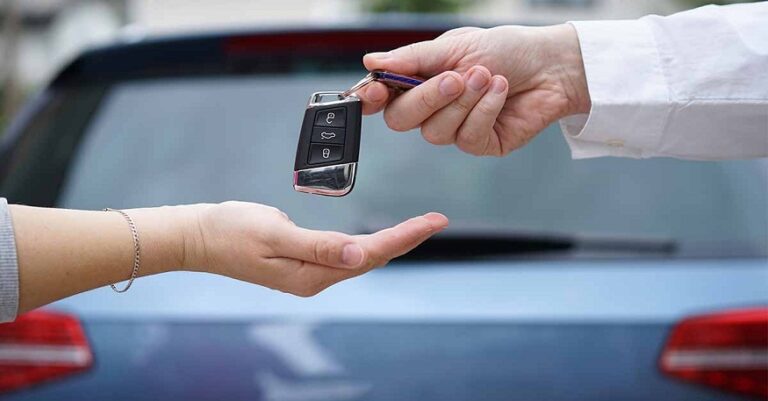

+ There are no comments
Add yours